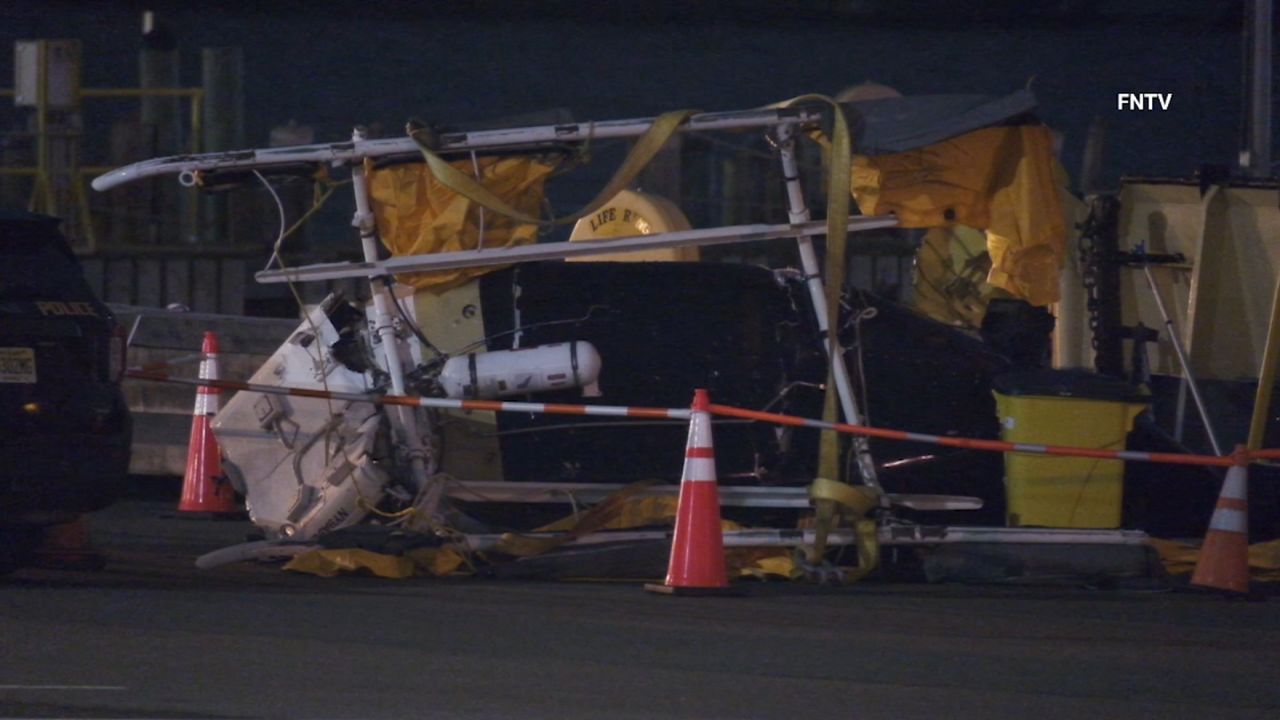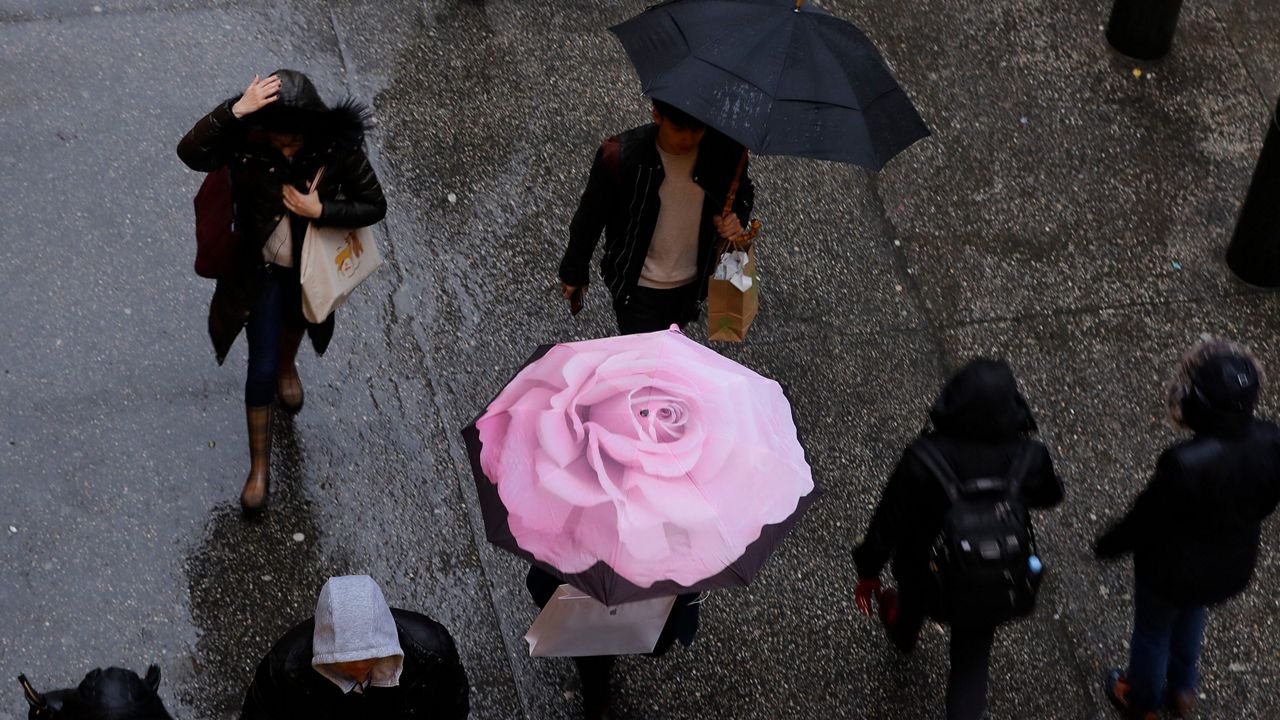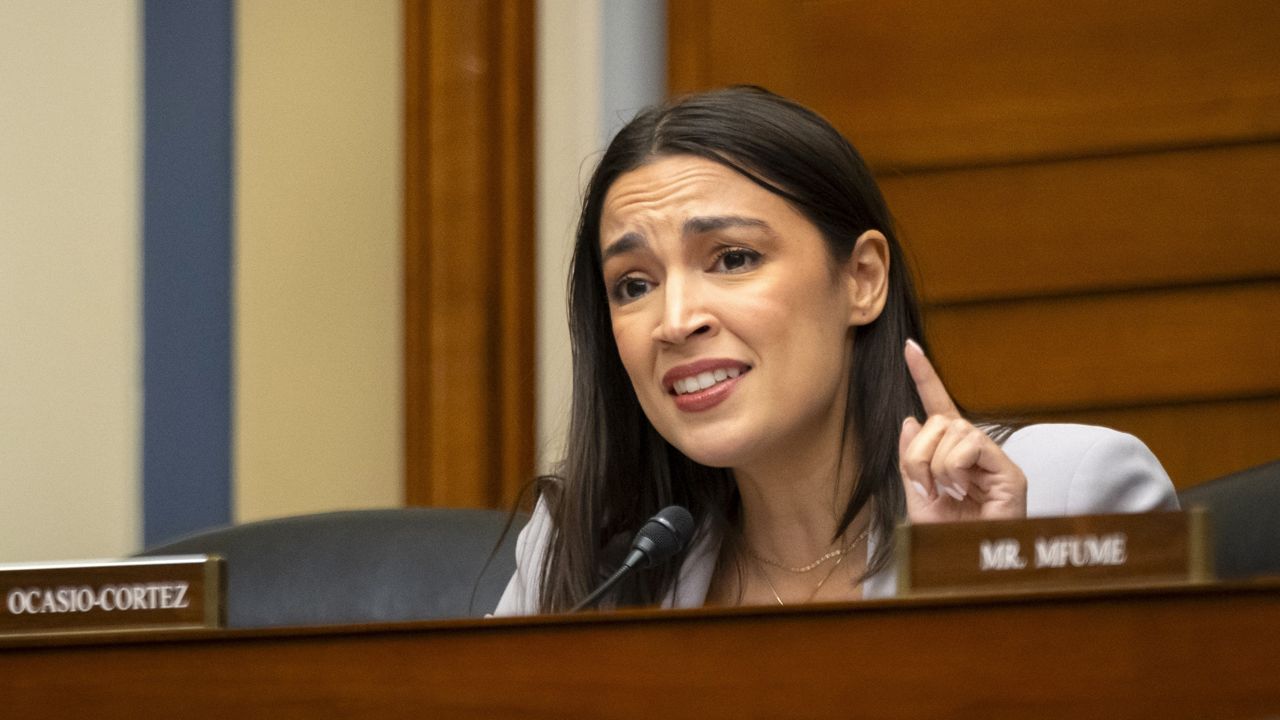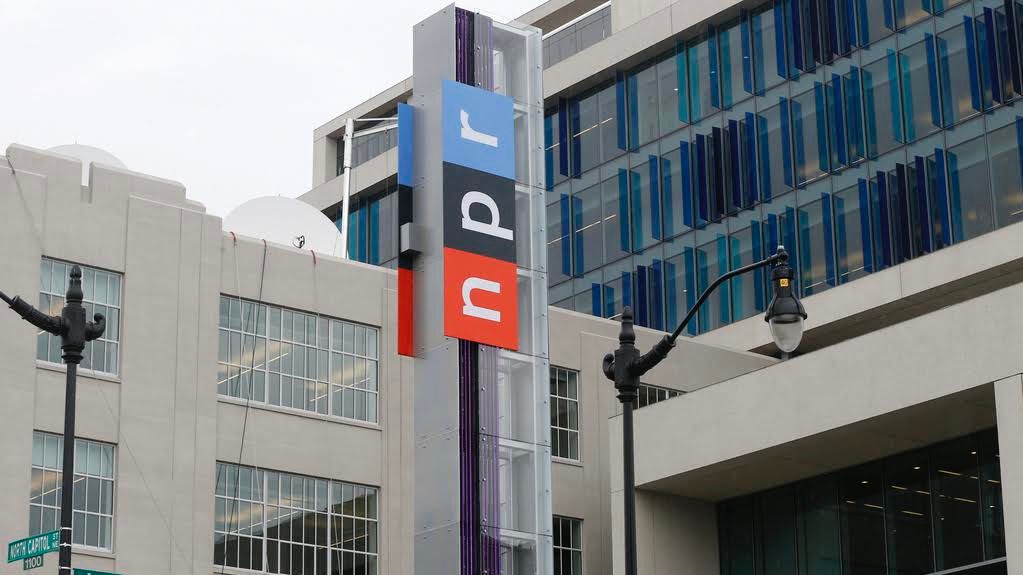Some commuters say it may not make sense for them to work in the city with the added cost of congestion pricing.
Nikoleta Bardis spends her days taking care of her 6-month-old daughter, Elarose. But she's evaluating how congestion pricing is impacting her budget, living in the Financial District.
"It is expensive to have a kid. It is expensive to live in Manhattan,” Bardis said.
Her family lives on Long Island and they go there several times a week for help with Elarose.
Bardis takes her car seat with her in Ubers or rents cars to drive outside of the congestion zone.
Driving the rental cars means paying the congestion toll on her way back home or an added $1.50 fee in her Uber.
Bardis says she chooses not to ride the subway.
"It's overcrowded as it is, so now we are going to have that push and a child on top of that,” she said.
Safety is another concern she has.
"You have people being set on fire in the subway multiple times. You have people being shoved unprovoked,” Bardis added.
Bardis and her partner say they are starting to look for an apartment outside of the five boroughs because they say it is too expensive. Congestion pricing is now fueling her fire to leave.
Commuters heading from outside of the city are also considering life changes.
Missy O'Brian has worked in the city for more than a decade and says she doesn't know if it is worth it financially. She manages nightclubs and has to work in person, but at odd hours, so public transportation is not an option.
O'Brian says she's going to spend at least $30 more each week on congestion pricing. So because of the new system, she says she's starting to look for jobs outside of the city.
"Now with the congestion tolls coming into effect, it is making it very difficult for me to even afford [to come] to work,” O'Brian, who commutes from New Jersey, said.
For now, O'Brian says she's watching to see how far her budget stretches.
While Bardis says her decision to leave may hinge on what kind of apartment she finds outside the city.











